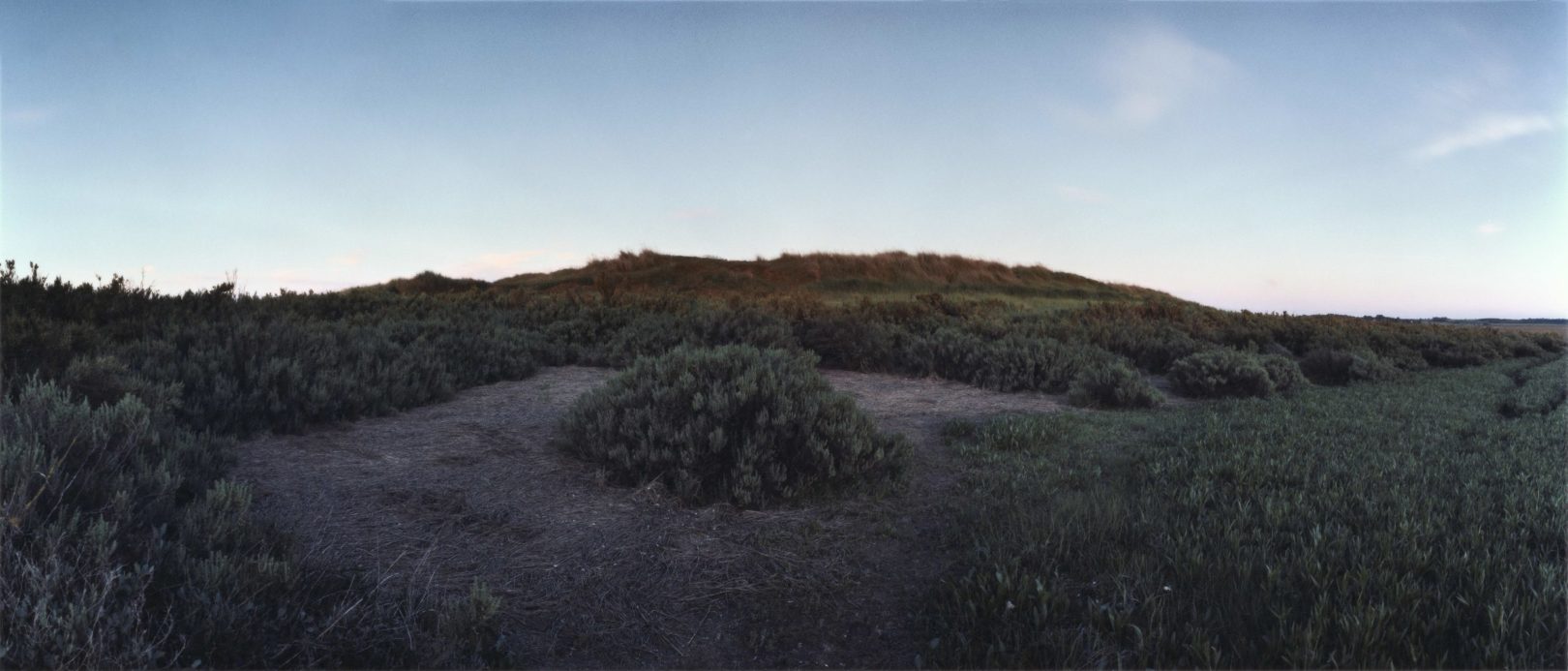Events 23 June – 16 September 2018

The events and conference programme for Regarding Nature, 23 June – 16 September 2018, was supported by a grant from the British Ecological Society
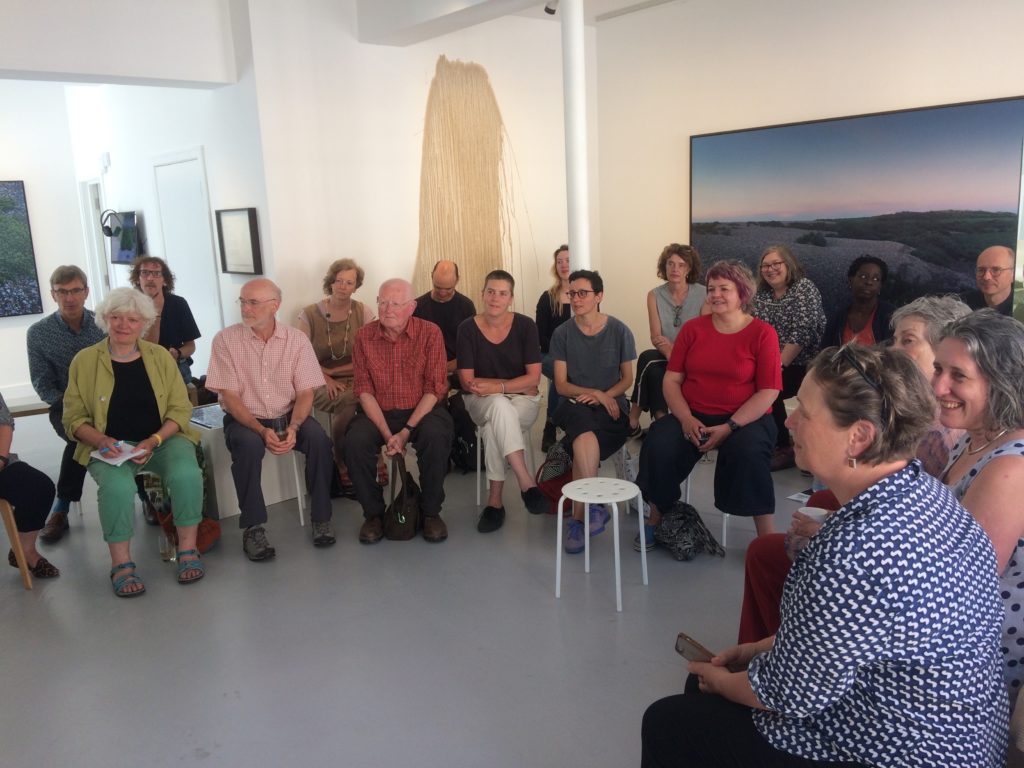

Regarding Nature – Our Changing Coastline
Thursday 30 August, 1.30 – 3.00

Talk and discussion: Julian Andrews, Professor of Environmental Science at UEA, discussed how the Norfolk Coast has changed and is continuing to change. He examined lthe impact this has had on the ecology of the coastal environment and how that changes what can be seen today.
At Cley, Norfolk Wildlife Trust Visitor Centre
Friday 31st August: 10.30 to 3.30pm
Regarding Nature – Workshop on Coastal Vegetation – a Dynamic Flora
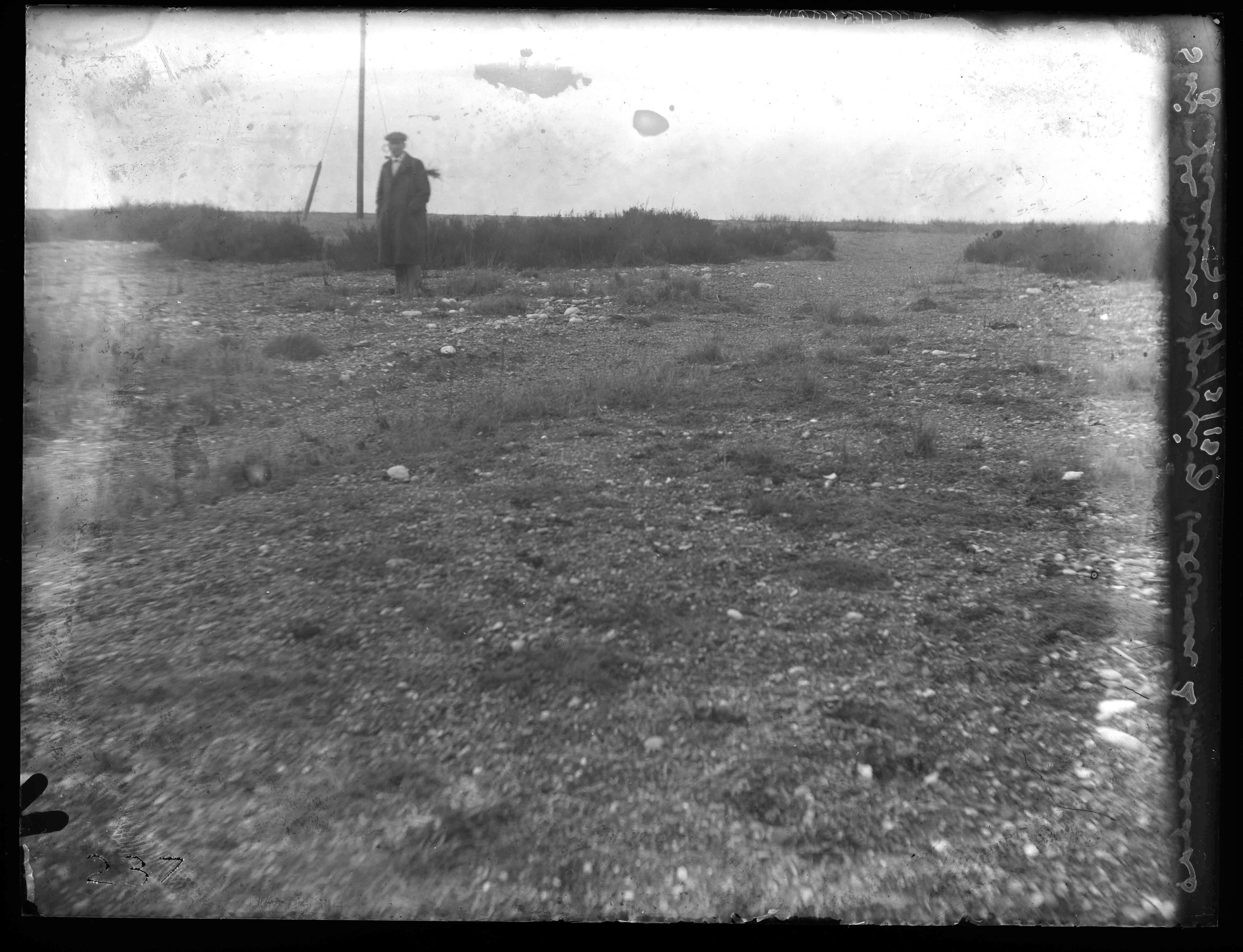
Local specialist Simon Harrap, author of Harrap’s Wildflowers and owner of Natural Surroundings, will explore the ever changing flora of the North Norfolk Coast. You will learn how to identify key species and understand their place in the wider ecosystem.
At Cley, Norfolk Wildlife Trust Visitor Centre
Cost: £22 NWT members, £26 non-members. Booking essential: 01263 740008
Conserve? Restore? Re-wild? art & ecopoetics rise to the challenge
Saturday 1 September, 11.00-5.00pm:
Study day, with talks, discussion and readings.
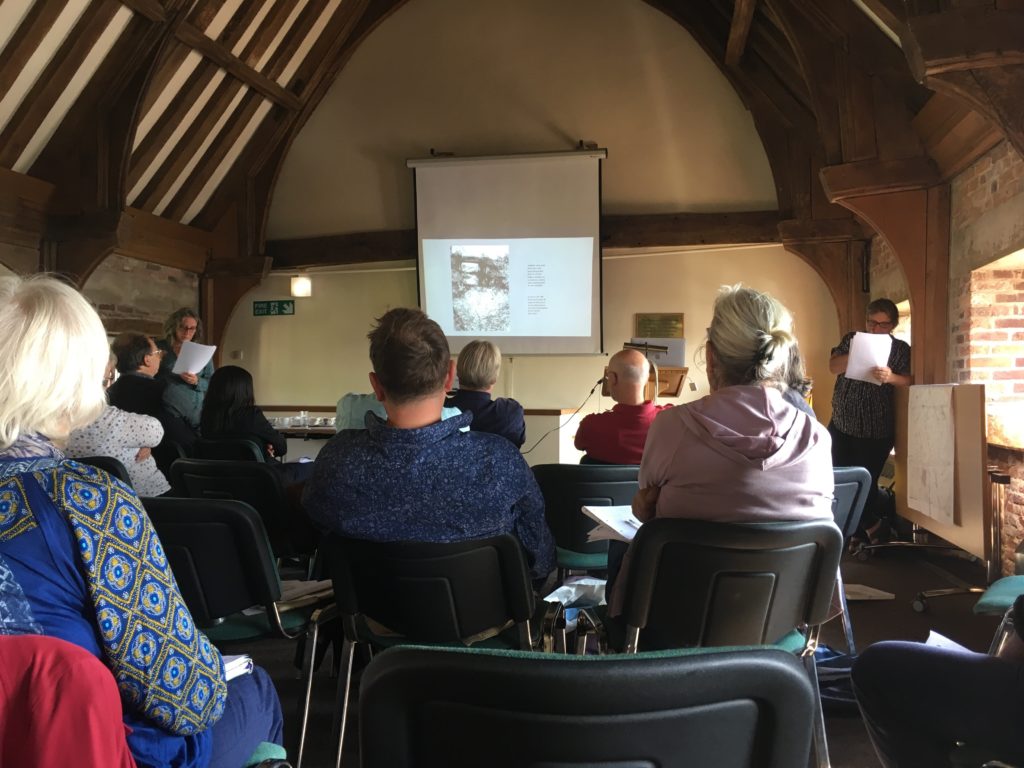
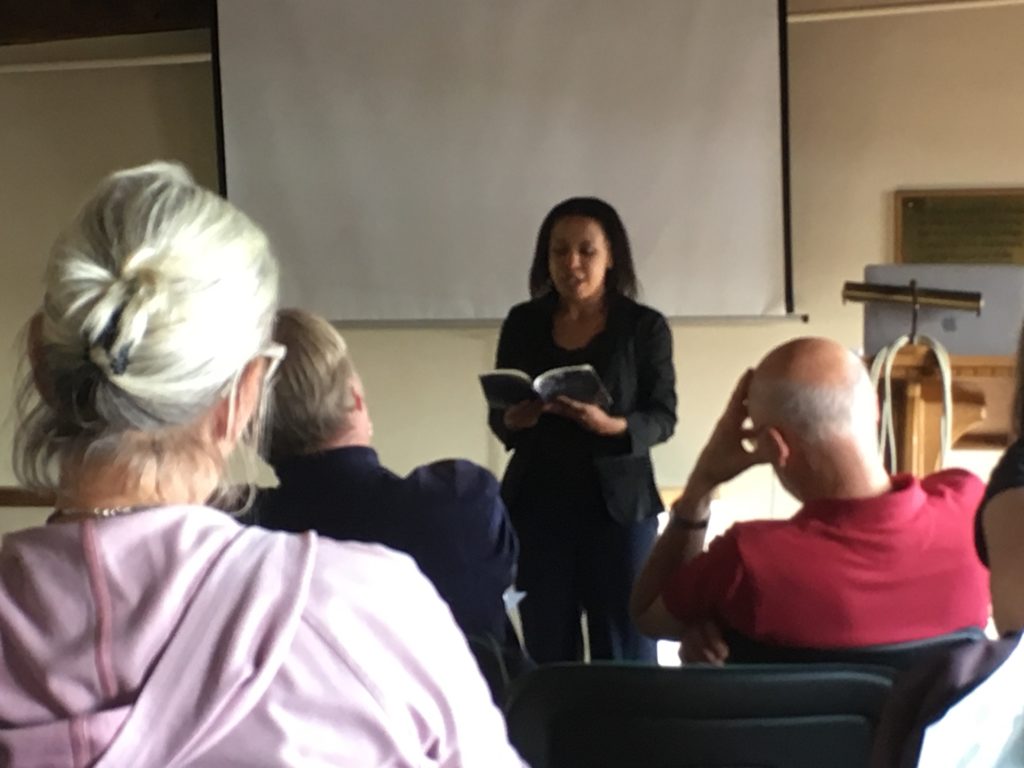
Speakers include: Judith Tucker, Harriet Tarlo, Andrew Watkinson, Richard Kerridge, Jonathan Skinner, Elizabeth-Jane Burnett.
At Thoresby College, Queen Street, & GroundWork Gallery, King’s Lynn.
Outline programme
Conserve? Restore? Re-wild? art & ecopoetics rise to the challenge
11.00am Arrival, tea and coffee, intro and welcome from Veronica/HT/JT
REWILDING/ECOPOETIC CONTEXTS
11.30
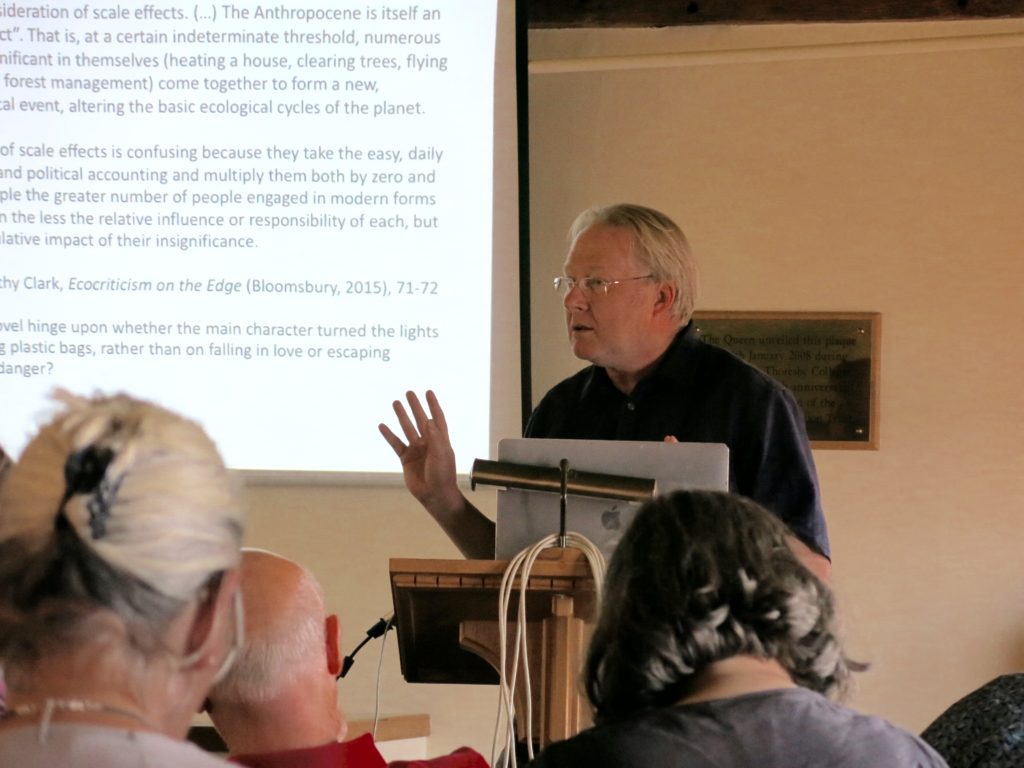
Richard Kerridge –
The Environmental Crisis for Writers
What are the problems of form, scope and mood presented by the environmental crisis, and how are writers of different kinds responding? I will identify some of the major questions and give quick descriptions of several recent works that engage with these problems.
http://bathspa.academia.edu/RichardKerridge; http://valuing-nature.net/offer/richard-kerridge
12.00
Andrew Watkinson
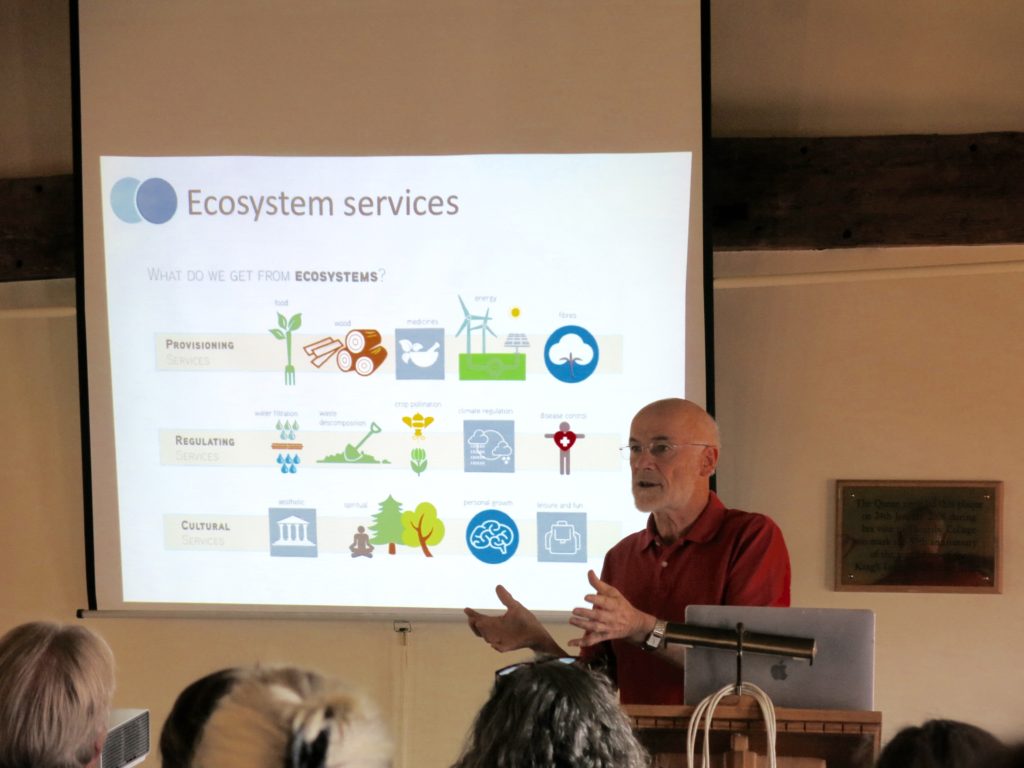
Reflections on a changing environment
As a scientist I have worked on a range of aspects of environmental change from coastal erosion to climate change and on ecological change from conservation to the control of pests. In this talk I shall reflect on those changes, for better, for worse, and on visions for the future.
12.30
Jonathan Skinner
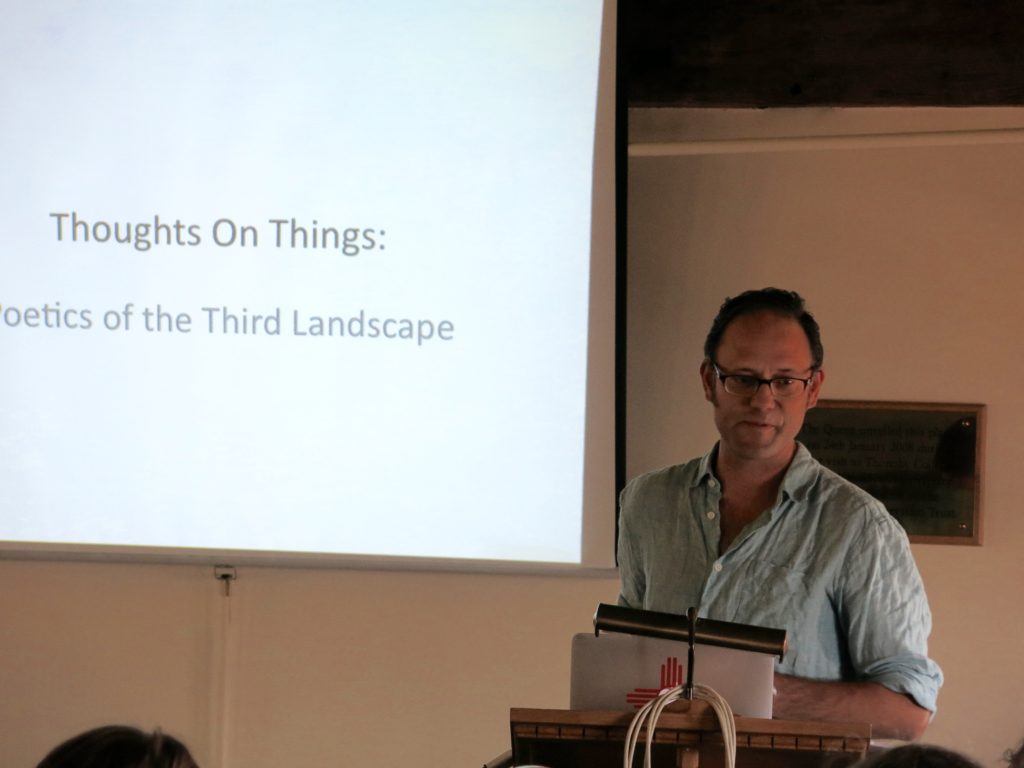
Thoughts on Things: Poetries of the Third Landscape
In this talk I suggest that it is poetry’s care for language, in its own right a form of life, that speaks most directly to issues around conservation, restoration, and rewilding, in a time of climate-change induced migration and accelerated extinction. As thoughts on things in things, poetry resists the predatory intent built into human languages–invoking an interstitial zone, between developed and conserved, sometimes called the “third landscape,” site for self-reinventions too often dismissed as “weedy” or “invasive.” I’ll consider examples of poetry that listens in, to the intelligence of these “weedy” lifeforms, for co-created futures rather than preserved heritage.
– https://www.poetryfoundation.org/poets/jonathan-skinner
1-2pm lunch (included)
ART AND ECOPOETICS
2.00-2.30pm
Iain Biggs
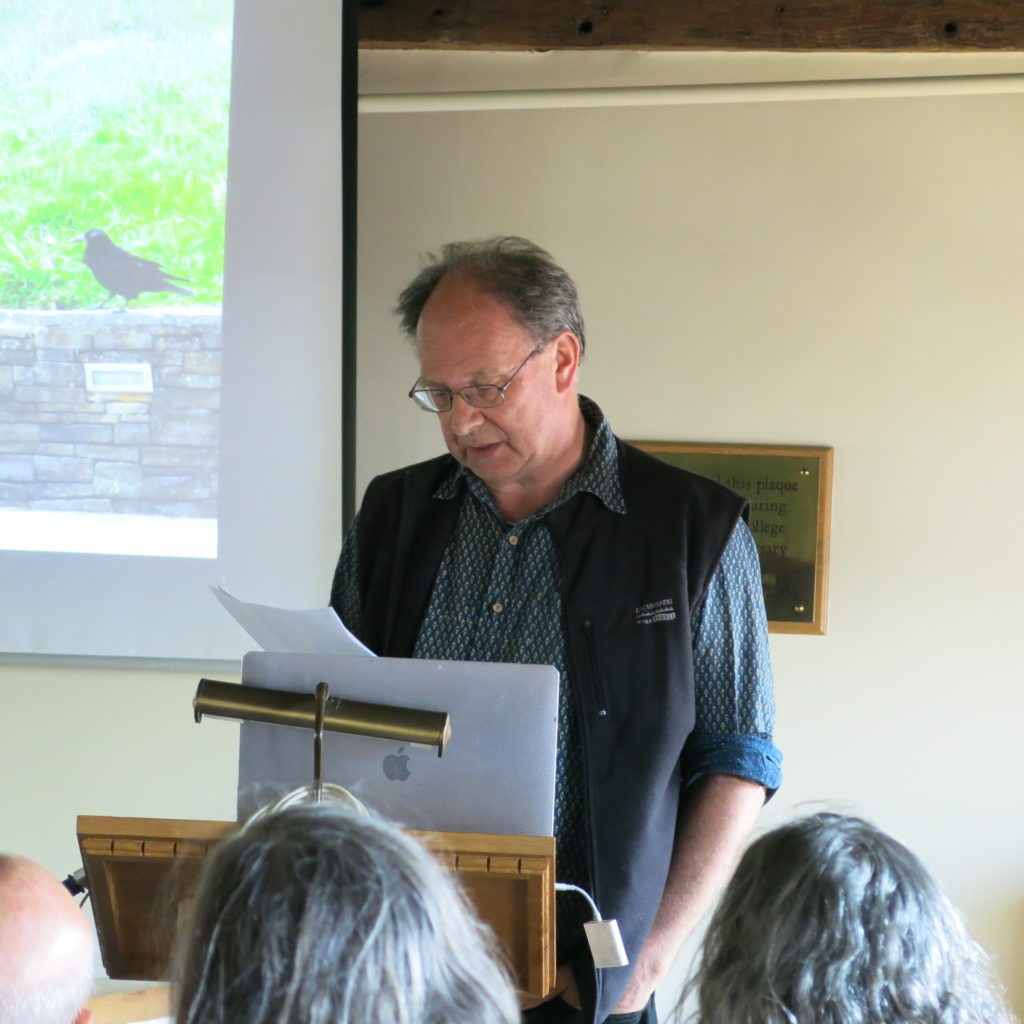
Eco-poetics and art as ‘wild’ conversation?
In this illustrated talk I will argue that it may now be helpful to see art in terms of both conversation and collaboration. I will use examples of my own work involved in deep mappings, Hanien Conradie’s Raaswater, and reference a recent collaboration between the poet and artist Erin Cavanaugh and myself, to suggest that eco-poetics asks us to see art in terms of ‘wild conversation’. Wild, that is, in the poet Don McKay’s sense of: ‘the capacity of all things to elude the mind’s appropriations’.Wildness, then, as what ensures that we remember that in reality the world, and we ourselves, are always both more and less than the categories that name and divide us.
2.30-3.00pm
Elizabeth-Jane Burnett
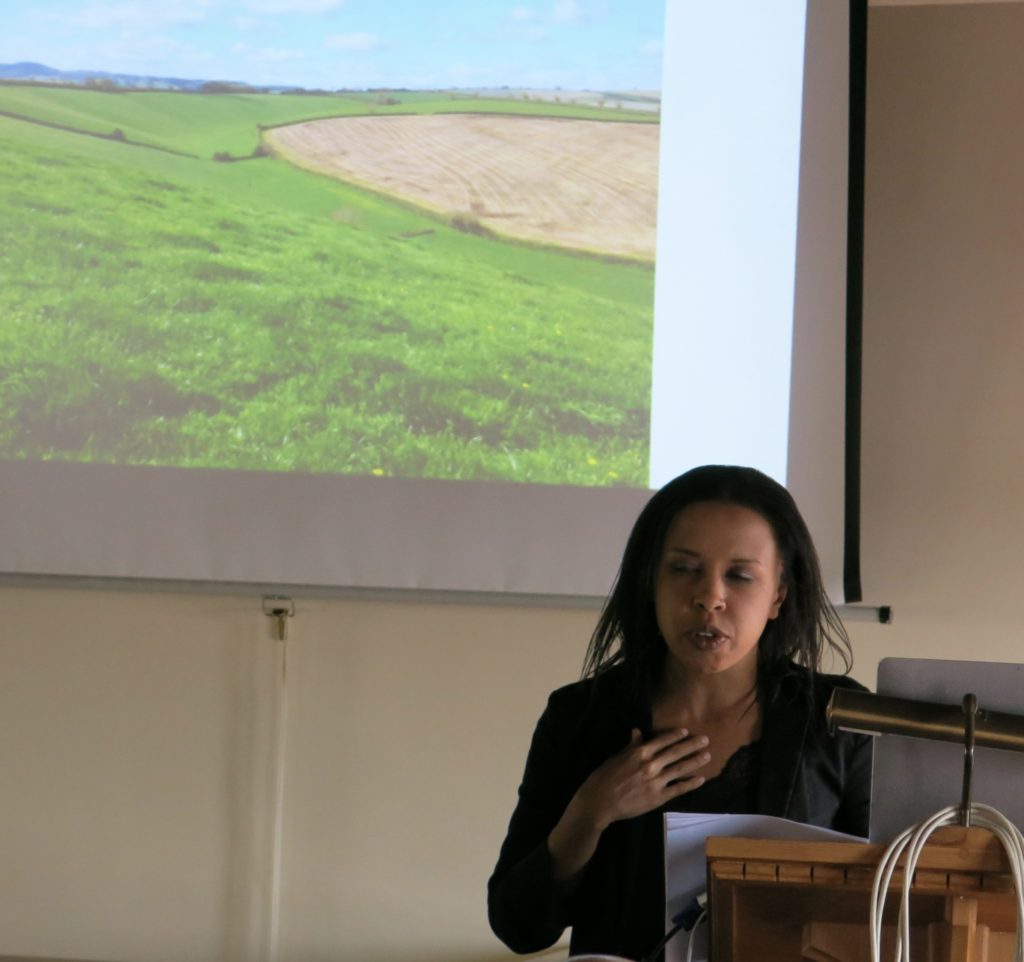
Elements of Speech: Grass, Soil and Sea
I will discuss three writing projects, The Grassling (Penguin, 2019), Swims (Penned in the Margins, 2017) and the work-in-progress, Of Sea, as ways of articulating environmental damage while also inviting, anticipating and working through response. These projects think about communities of care and attention, human and other-than human relationships and the integration of art and the everyday in making forms of mindfully flourishing life. My afternoon reading will be from these three books.
– https://www.curtisbrown.co.uk/client/elizabeth-jane-burnett
3.00-3.30pm
Harriet Tarlo and Judith Tucker
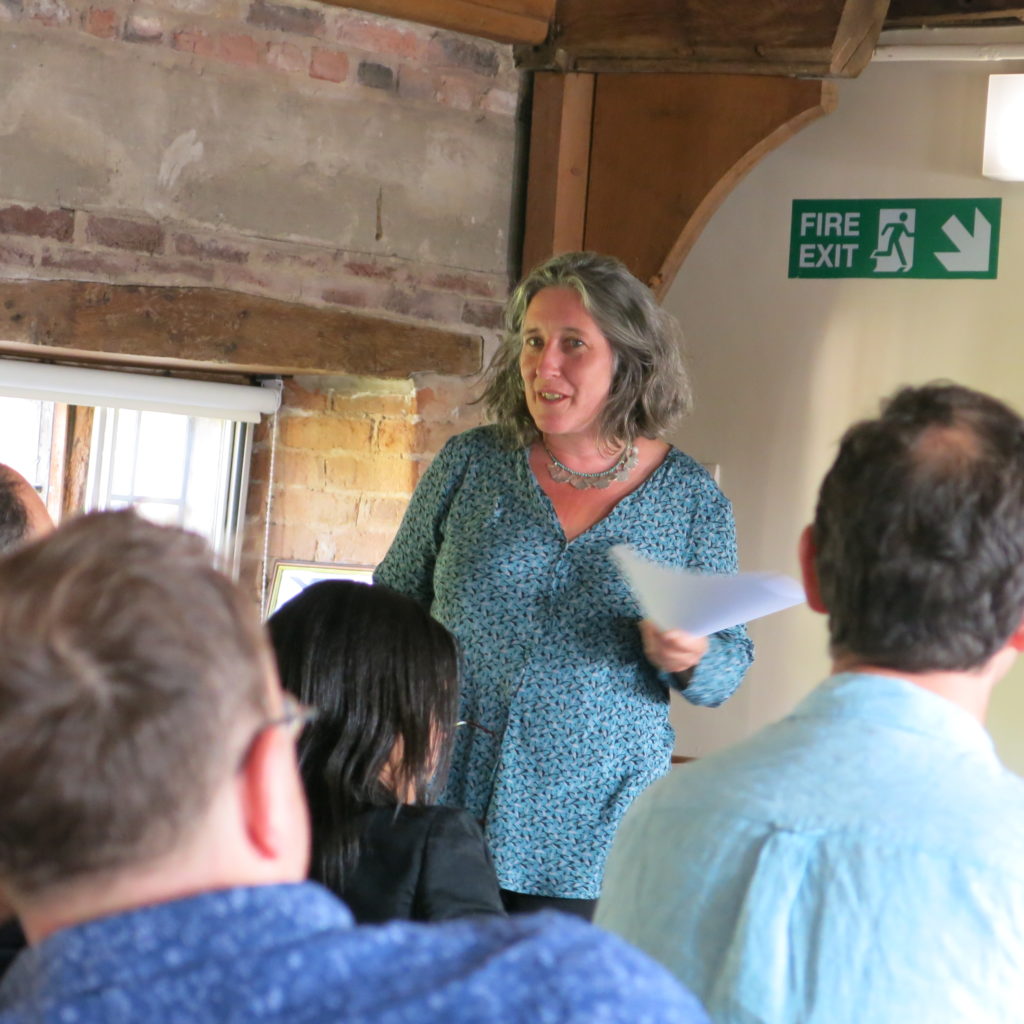
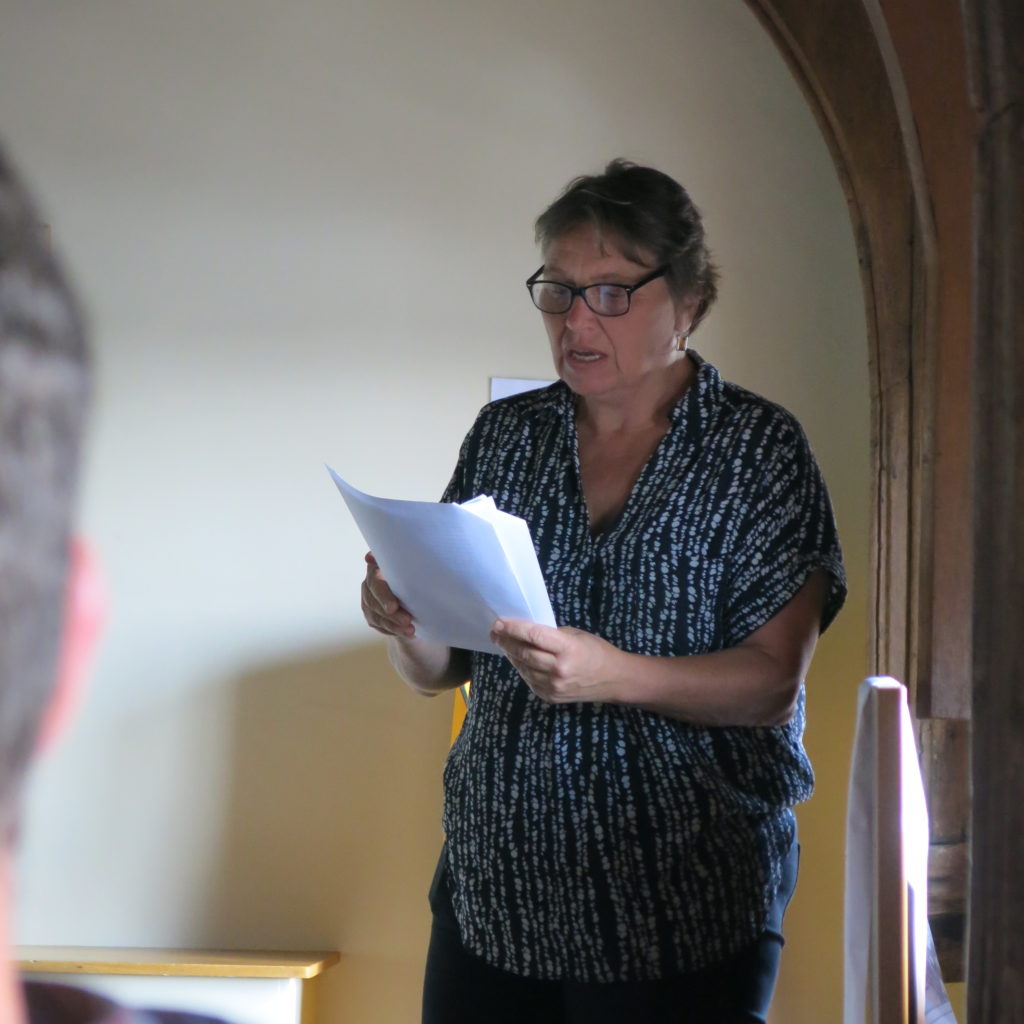
“I want to see it looked after”: opinions and art down the Louth Canal
The work of Harriet Tarlo and Judith Tucker in the Groundwork Gallery responds to the Louth Navigation which was constructed between 1765 and 1770 and runs for just over eleven miles. Like many rural canals, the Navigation began to decline towards the end of the Nineteenth Century, finally closing in 1924. Do canals remain canals when they no longer carry crafts and goods? Walking, drawing and writing along the canal we observed plants, birds and animals creating homes in and amongst the old culverts, bridges and locks. An unplanned re-wilding has begun. Human life and human interventions also continue along the canal of course: farming, fishing, and water management making for a landscape full of criss-crossing lines of water, running parallel and intersecting with energy lines carrying gas, oil and electricity above and below land. Defying obvious boundaries and binary ways of thinking about art and poetry, our collaborative works are experiential, both more and less than descriptive, both more and less than topographical. In our work, we explore not only the visual and textual potential of this place, but also the past, present and possible futures of the Navigation, matters we have discussed with local inhabitants when showing the work in local spaces. How can art respond to issues on the ground without didacticism? In this talk we focus on how people who live along the canal feel and think about these issues and how exposure to our work has affected them.
3.30-4.00 tea
4.00-5.00 performances – E-JB, RK, HT, JS
Followed by drinks at GroundWork Gallery and a chance to see the show in the evening light.

